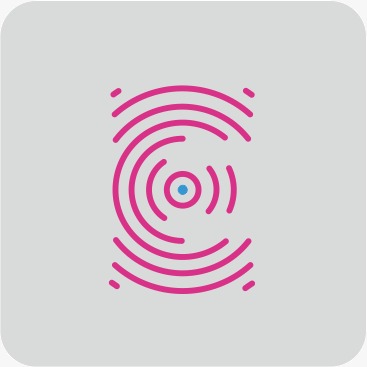Why You Need a Credit Card Before a Natural Disaster
Natural disasters such as earthquakes, hurricanes, and wildfires can have devastating effects on communities, infrastructure, and personal finances. Being financially prepared for such events is crucial, and one of the key components of this preparedness is having a credit card. Applying for a credit card after a disaster strikes is often too late to address immediate needs and challenges. Here’s why having a credit card before a disaster can make a significant difference in managing the aftermath effectively.
Immediate Needs
Natural disasters typically demand immediate access to funds for emergency expenses like food, water, shelter, and medical supplies. If you wait to apply for a credit card after the disaster, you won’t have access to credit for these urgent needs right away. The ability to pay for necessary items immediately can be crucial in ensuring the safety and well-being of you and your family.
Approval Time
The process of applying for and receiving a credit card can take several days to weeks. This includes the time for approval, card issuance, and delivery. During a disaster, this delay can be problematic as you might already be facing significant financial pressures and require immediate access to funds.
Potential Financial Impact
Natural disasters can disrupt employment, reduce income, and cause property damage, which can negatively affect your credit score or financial stability. If your financial situation worsens after the disaster, it may be more challenging to get approved for a new credit card or obtain favorable terms. Pre-existing financial stability can help ensure you have access to credit when you need it most.
Limited Access to Services
After a natural disaster, access to essential services may be limited. Banks and financial institutions might be closed or have reduced hours, making it more difficult to apply for a credit card in person. Online applications might also be hindered by power outages or internet disruptions, further complicating efforts to obtain new credit.
Increased Expenses
Prices for essential goods and services often rise after a disaster due to increased demand and limited supply. Without a credit card, you may struggle to cover these inflated costs, especially if you have limited cash on hand. A credit card can help you manage these expenses without immediate financial strain.
Emergency Preparedness
Having a credit card as part of your emergency preparedness plan ensures that you have a reliable financial tool ready to use. Waiting until after a disaster to apply means you miss out on the benefits of pre-disaster planning and financial readiness. A credit card provides a financial safety net, allowing you to focus on recovery rather than financial worries.
Stress and Decision-Making
The stress and urgency following a natural disaster can impair your ability to make clear, well-informed decisions. Applying for a credit card under such conditions might lead to mistakes or poor choices regarding credit terms and conditions. Having a card beforehand allows you to make decisions calmly and rationally.
Benefits of Having a Credit Card Before a Disaster
- Ready Access to Funds: Immediate availability of credit helps manage urgent expenses without delay.
- Financial Cushion: Provides a buffer for unexpected costs, offering peace of mind.
- Fraud Protection: Enhanced security features can protect your finances during chaotic times.
- Rewards and Benefits: Access to rewards programs, travel insurance, and other perks that can be useful in emergencies.
- Record Keeping: Detailed statements help in tracking expenses and filing insurance claims.
Example Scenarios
- Earthquake: Immediate repairs, medical emergencies, and temporary relocation might be necessary. Without a pre-approved credit card, covering these costs becomes challenging.
- Hurricane: Evacuation expenses, higher fuel prices, and emergency supplies are immediate needs that require quick access to funds.
- Wildfire: Rapid evacuation and loss of property require urgent financial resources for lodging, food, and clothing.
Conclusion
Having a credit card before a natural disaster ensures you are financially prepared to handle the immediate and ongoing costs associated with recovery and rebuilding. It eliminates the delays and challenges associated with applying for credit under adverse conditions, providing a crucial safety net during a crisis. In essence, a credit card can provide immediate access to funds, offer flexibility in spending, and help manage financial uncertainties, making it an essential part of your disaster preparedness plan.
